It sounds like the Israeli entrepreneur’s ultimate dream. Two young, post-army Israelis meet while traveling and surfing in Central America, strike up a friendship, identify an opportunity, and launch a startup. That startup then becomes a company landing multi-million dollar investments and inaugurating multiple locations across the world.
This is the history-in-brief of Selina, the emerging co-working and traveling hospitality service founded by Daniel Rudasevski and Rafael Museri in 2012. Last month, the company raised $95 million in a funding round led by the Dubai investment firm Abraaj Group, with the participation of fellow Israeli Adam Neumann, the co-founder and CEO of coworking space giant WeWork.
Selina places a strong emphasis on the “holistic hospitality” experience, Chief Operating Officer Liat Aaronson tells NoCamels, tapping into nomadic lifestyles, the gig economy, and the “4-hour work week,” a concept forwarded by the wildly popular 2007 book by the same name. The book promotes work and travel, and a move away from the 9-5 grind.
Selina combines affordable accommodation, co-working spaces, fine dining, wellness, volunteering initiatives, entertainment, travel and adventure across 23 urban, beach, mountain and jungle destinations in nine countries in Latin America, Central America and the Caribbean, currently.
But it also goes above and beyond. Guests connect with other like-minded, working (or non-working) nomads for a real sense of community, she explains.
It’s not a hotel chain, where guests are often exposed to the same experience, services, and aesthetics no matter what country they are in, Aaronson says. “We provide a reference to the local environment across our destinations while keeping our inherent culture and ethos,” she says.
Selina’s model is rooted in real estate development, which is how Rudasevski and Museri got started. The two met through a mutual friend in Costa Rica in the early aughts and soon began working on a shared vision to develop land, founding Dekel Holdings, their property management company.
After dabbling in some property deals, they began hearing about neighboring Panama from fellow surfers and after just one visit, “recognized that this small country was set to become one of Central America’s economic and commercial development centers,” according to Dekel Holdings.
“We came to Panama, and we spent a year scouring every beach and every town, and we didn’t find any place that made us really excited until we found Pedasi,” Museri told the Forward in 2013, in reference to the small, then-underdeveloped fishing village on the south-eastern tip of the Azuero Peninsula on Panama’s Pacific coast. “As soon as we woke up in the morning it was clear. This was it,” he added.
Known for its natural beauty and still underexposed to tourists, the town became a source of inspiration – and a base of operations – for the pair, and with the help of family and friends, they soon began purchasing and managing properties in and around Pedasi. These included an “eco-lodge, the first large-scale shopping center, another giant resort community, a bakery, the hotel, a coffee shop and a wine bar” by 2013, according to the Forward report.
While developing the town and having built a tight-knit social circle with locals and travelers, including many Israelis, Museri and Rudasevski realized they were onto something. In 2014, the first Selina destination was set up in Venao, a surf town near Pedasi, and the rapid expansion soon began.
Twenty-three locations later, Selina is set to open its first US location in Miami by September, with New York and Los Angeles following closely. With Israeli roots, the company is also looking at a destination in Tel Aviv by the end of the year. Locations in Poland, Portugal, Germany, Greece, Hungary, and Spain, are also planned.
In North America and Europe, Selina will be branching out more prominently into urban areas, where it will have to compete with local offerings. But the company remains confident.
Aaronson tells NoCamels that while “there may be no surfing lessons in Berlin, for example,” Selina will offer different services, drawing on what was learned in Central and South America and applying it to its future spots.
The menu may change and the style may be different, but Selina will keep some its staples while localizing its offering, she says.
Each Selina location is modeled around three key pillars, the company says: “Nomad, which includes unique accommodations, coworking and communal spaces like wellness centers and cinemas; Explore, an inter-property travel concierge and tour operator that connects guests with the best experiences in each location; and Playground, each location’s unique on-site programming from food and beverage concepts, concerts and art shows to workshops and conferences.”
In urban areas, Selina looks for existing, underperforming hotels in desired areas which are then renovated in partnership with local designers and artists for that local feel. Aaronson says Selina typically looks for places with a “cool, edgy, unique vibe,” and a thriving nightlife.
In non-urban areas, “we are the attraction, we are the place to hang out,” she says.
Sign up for our free weekly newsletter
SubscribeBut no matter the surroundings, “we throw amazing parties, we have great bars and great food and vibrant co-working spaces. No matter where you are, you can go and cook a meal in the shared kitchen, or catch a movie in the cinema, or just hang out in the common areas,” she says, painting a picture of what some would consider idyllic living, even if temporary.
These “alternative” features are Selina’s strong points, Aaronson says, and where it stands out in the hospitality field.
Another area that differentiates Selina from others is the price. Through a “uniquely democratic approach to accommodation,” Selina’s offerings range from $10 dorms, hammocks or camping areas “for the more adventurous traveler,” to $300 luxury suites “for the more indulgent.”
In a Forbes interview last year, Museri laid out five practices that set Selina apart, including its premium on treating guests with equal level of hospitality
“Traditionally [hotels] break up 2, 3, 4, and 5 stars based on how much you can afford and that’s how they treat you,” Museri said. “At Selina, it’s not about who you are and how much money you have.”
He also re-emphasized the community-building ethos, telling Forbes that “one of the main reasons communities exist [is to] make people feel more comfortable; they let people know there are others who share the same values as them.”
Selina’s business model is also unique, and “is engineered for rapid growth,” the company says. After identifying locations, the transition to a Selina spot takes between three and four months. “It’s an asset-light development method that is an absolute game-changer for local communities, new staff and guests alike,” Selina says.
“A lot of companies talk the same talk,” Yoav Gery, Selina’s president, told TechCrunch last month when news broke of the $95 million investment. “What was different about us and what we were telling the world is we were doing something different in the hospitality world. We’re creating a much more holistic program for the traveler. It’s not just a hotel, or for co-working. It’s everything that the traveler would want.”
Selina VP of Strategy Brynne McNulty Rojas told TechCrunch in the same interview that Selina is “the first company to capitalize on this lifestyle shift for travelers and the way people are working,” with a focus “on having that Selina DNA and that simplicity of experience and transactions and making it a nice, tech-first way of traveling and living and working.”
And Selina appears to have some true believers.
WeWork’s Neumann was one of the company’s early-stage investors, Selina VP of Global Transactions Johann Dahan tells NoCamels. The “Startup Nation” may be a tech giant but it is a small country and Rudasevski, Museri and Neumann previously knew each other from entrepreneurial circles.
But Neumann’s move to invest in Selina again in the latest funding round “was purely a business-level decision,” Dahan says. WeWork, after all, has a track record of investing in “We”-like experiences and companies.
SEE ALSO: Urban Kibbutz: WeWork Set To Bring Its Co-Living Project ‘WeLive’ To Tel Aviv
Dahan tells NoCamels that the scale of the overall investments in Selina, “show its promise.”
The company currently has some 1,000 employees overall at its various property locations, including over 200 at the corporate level in its offices in New York, London, and Tel Aviv, its headquarters.
Selina says it plans to offer 54,000 beds worldwide by 2020.
As for the name, Selina is inspired by the idea of a woman “who welcomes you into her home with warmth and flare,” making “each and every guest feel at home…wherever they are in the world.”
Related posts

Editors’ & Readers’ Choice: 10 Favorite NoCamels Articles

Forward Facing: What Does The Future Hold For Israeli High-Tech?

Impact Innovation: Israeli Startups That Could Shape Our Future


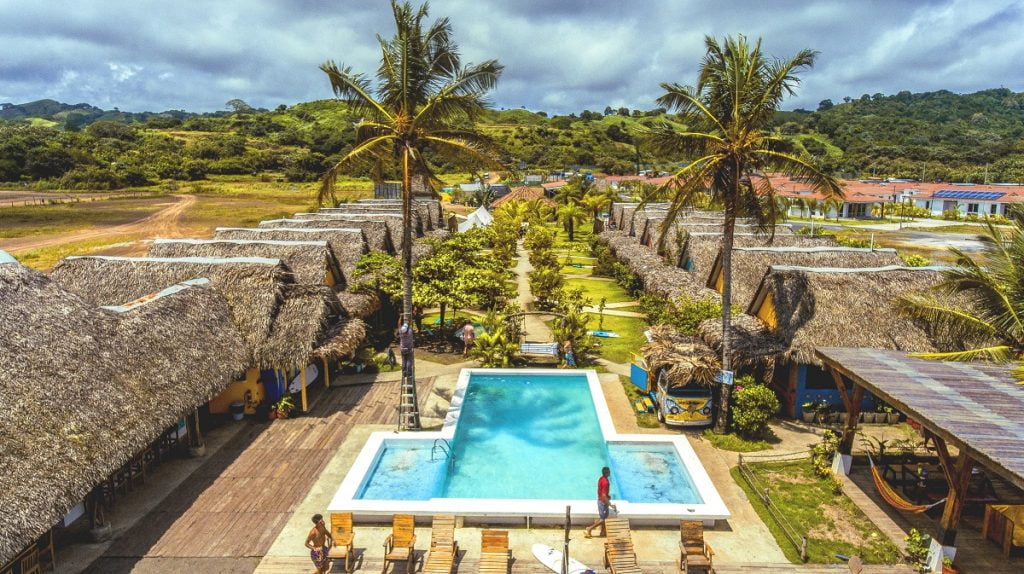
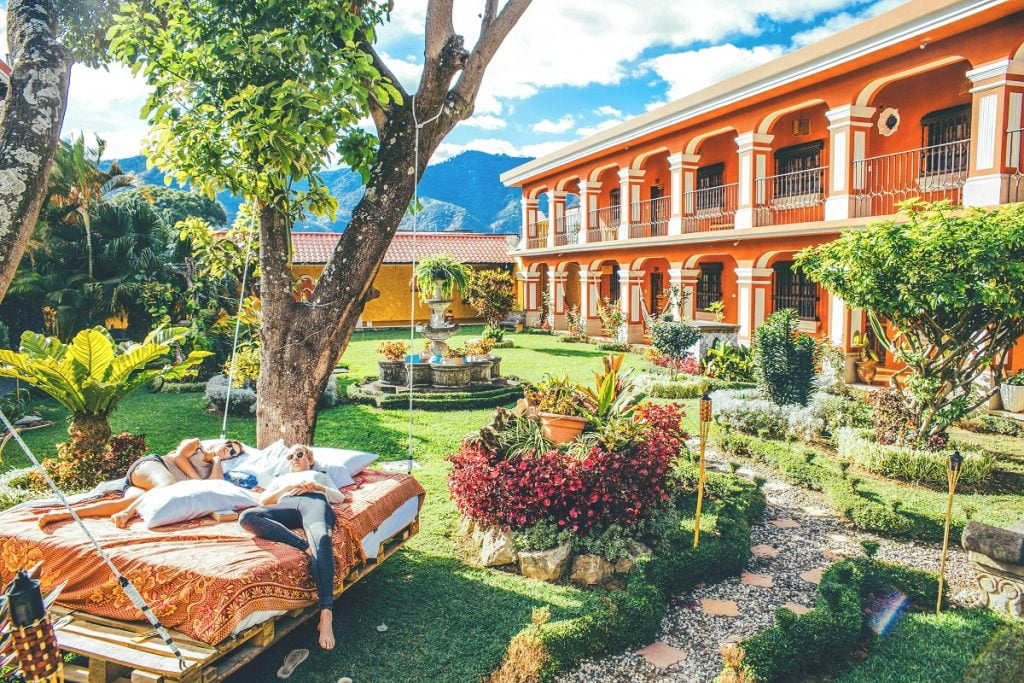
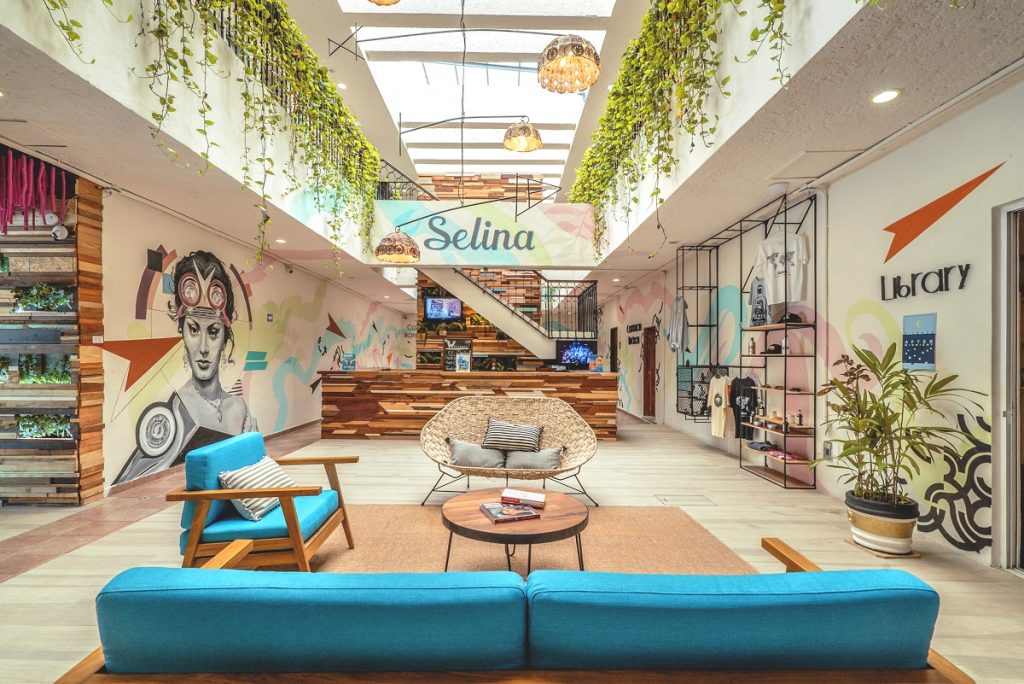
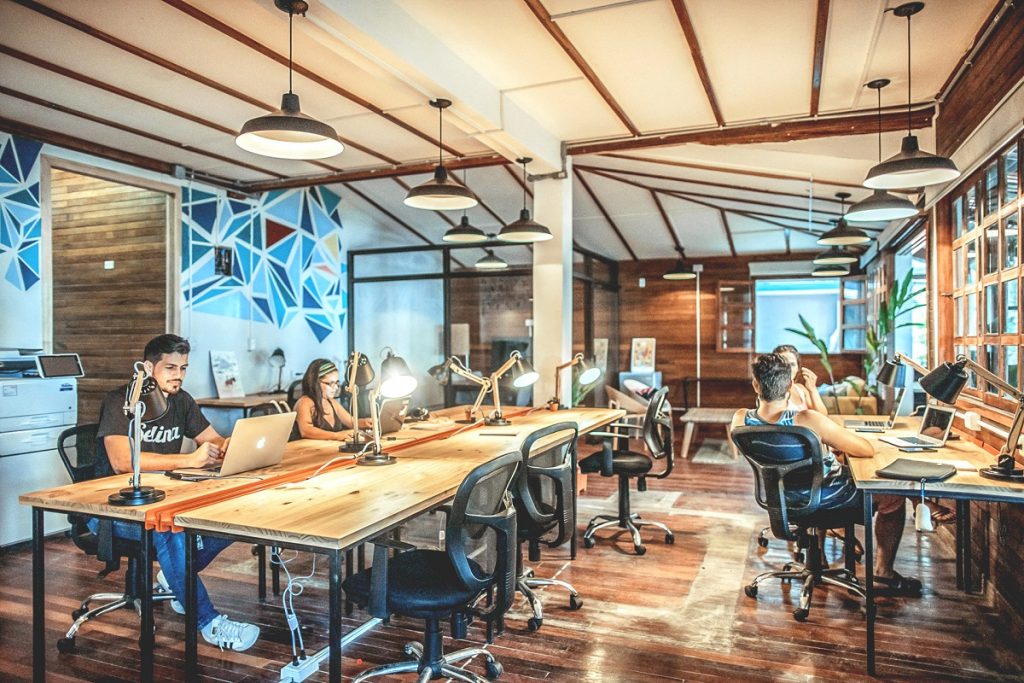
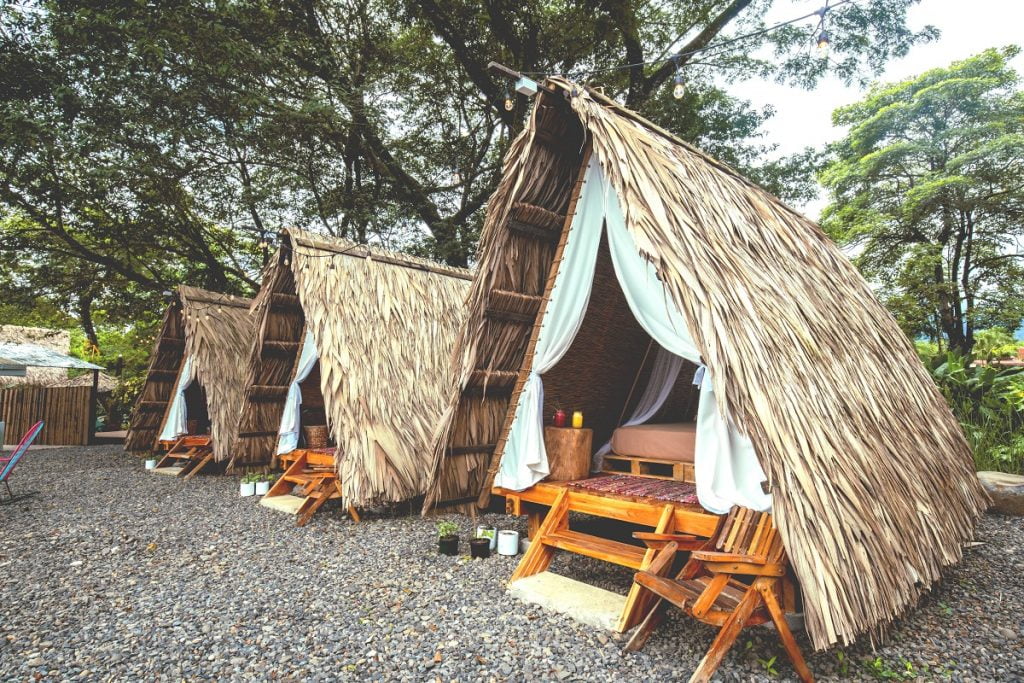
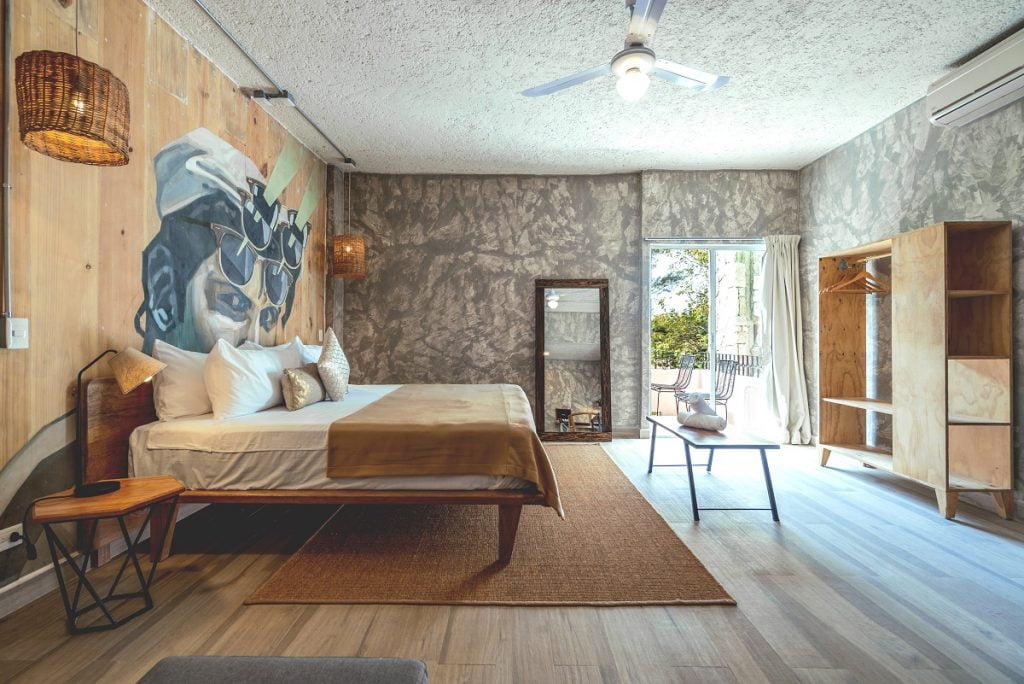

Facebook comments